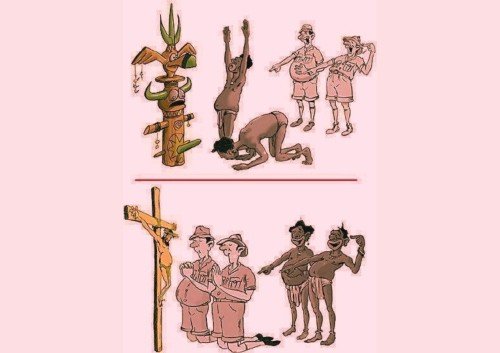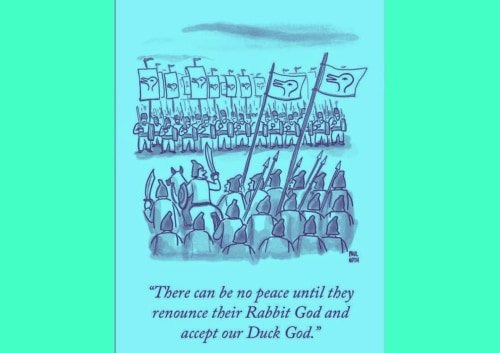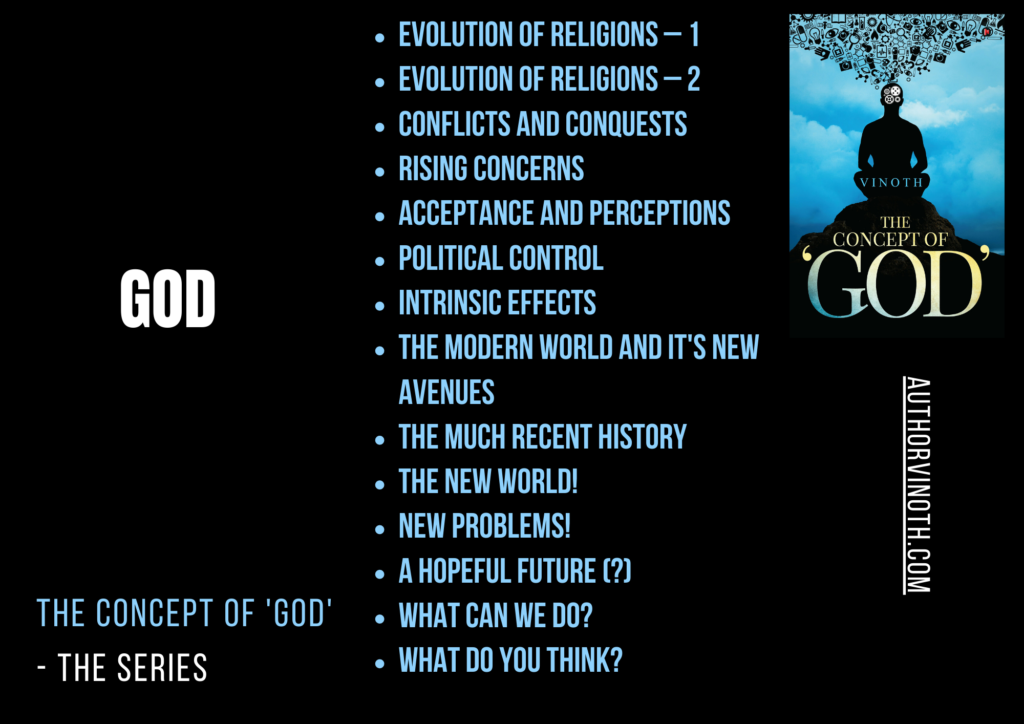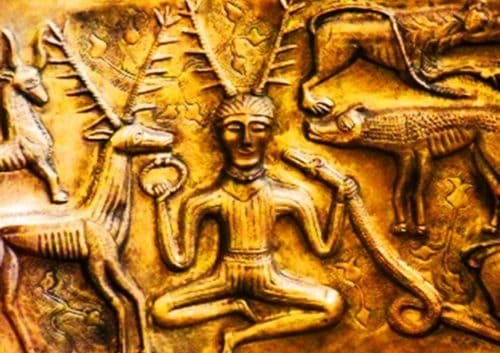Culturally and economically, the societies grew in the most complex way possible. Comprehending each and every step in the evolution of cultures is a tremendous task, but it is a beautiful sight to see the steps involved in the changes. True, we can read about them in books, observe their diversity in our travels and so on; but to see how every word of every language influences the thought process of its people and how it shapes up their minds, it is mind-blowing.

Words are powerful, yes, but using one specific word instead of another and observing how it affects every layer of our minds and shapes our future perspectives is a brilliant thing to be observed. Also, observing this phenomenon in a conversation between different personalities to see how their cultures evolve, well, no words to describe that!

The languages we see today started out hundreds or even thousands of years ago. Some evolved from signs while some branched out from other languages, but they all represent the cultures of civilisations. The cultures which evolved so intricately have their own norms and values embodied within their own Gods and religions. These are not just the major religions we see and hear about, but also the local ones that have been added to the major religions as sects.

All countries in the world have a set of local cultures and traditions which remained unchanged for a very long time. They have their own set of deities to worship, and they mostly follow a mixture of naturism and animism. The sects also include ancestor worship in Gods and Goddess forms. When these sects were absorbed into the dominating religions of the time, the changes they went through were a bit complex.

Just like polytheistic religions, the Gods of the sects were assigned relational statuses with the Gods of the dominating religions. Either the religious authorities did this, or the cunning minds within them did it, or even both. Whatever happened, the local cultures were absorbed into the dominant religions, and most of the time, the people were subject to domination by the conquerors!

We keep seeing this from the macro level, but at the individual level; the people from the sects are both inculcated and alienated from the dominating religions. They are included to show the population the strength of religions, but they are avoided to keep them in a degraded position in the society. The mixture of Gods and religions caused problems in the minority’s norms and values.
Every custom (from what to eat, what to wear, when to sleep, what to learn, what not to learn, when to have sex, how many children to be raised, and so on) was altered by the cunning religious authorities of the dominating religions, in the name of God! And this is just a simplification.

These Gods and religions were naturally opposed by the strong and intelligent minds of both the dominant and the defeated cultures in their unique ways. Sometimes from the dominant side, there came a resistance for actions against the local population, while from the local cultures, the strong and intelligent took up arms against domination. These people were sometimes atheistic, sometimes agnostic and sometimes, just righteous.

The economic systems revolve around what people consumed as food, clothing and recreation. With everything under the control of religions and Gods, people were left with no choice but to blow the trumpets for the Gods and Goddesses of the religions. Influence of religions in art, painting, sculptures and architecture grew in the past, and it may appear like people had a huge devotion to their Gods. But then again, we are looking at history from the future.
We must look at the present as history to understand the history as the present. In the past, people were made o accept these religions and Gods to rule them from above. The places of worships we see today were not built out of the devotion of the entire population, but they were efficient ways for the monarchies to employ and engage the population to make a productive economy.
The point is, throughout time, people having diverse personalities, living in different cultures, engaging in various economic activities, were not passively and totally religious nor did they believe in an absolute God. Some accepted the religious domination (the weak) while others who didn’t like the religions had their own Gods (the strong) in their minds. Some used the religions and Gods for personal economic benefits while some used them for hope.


